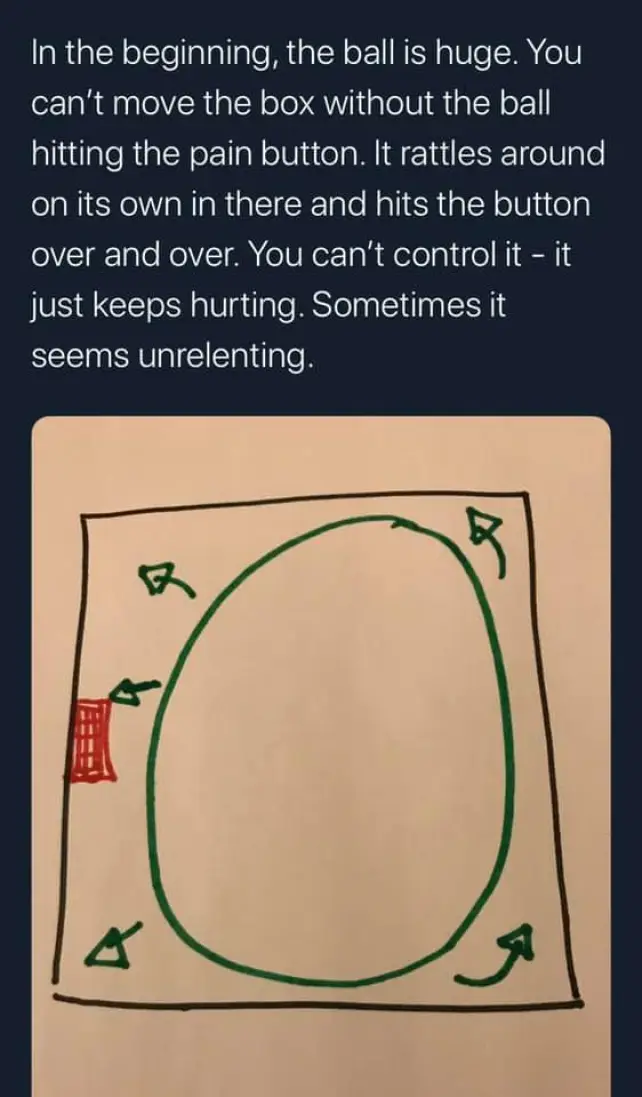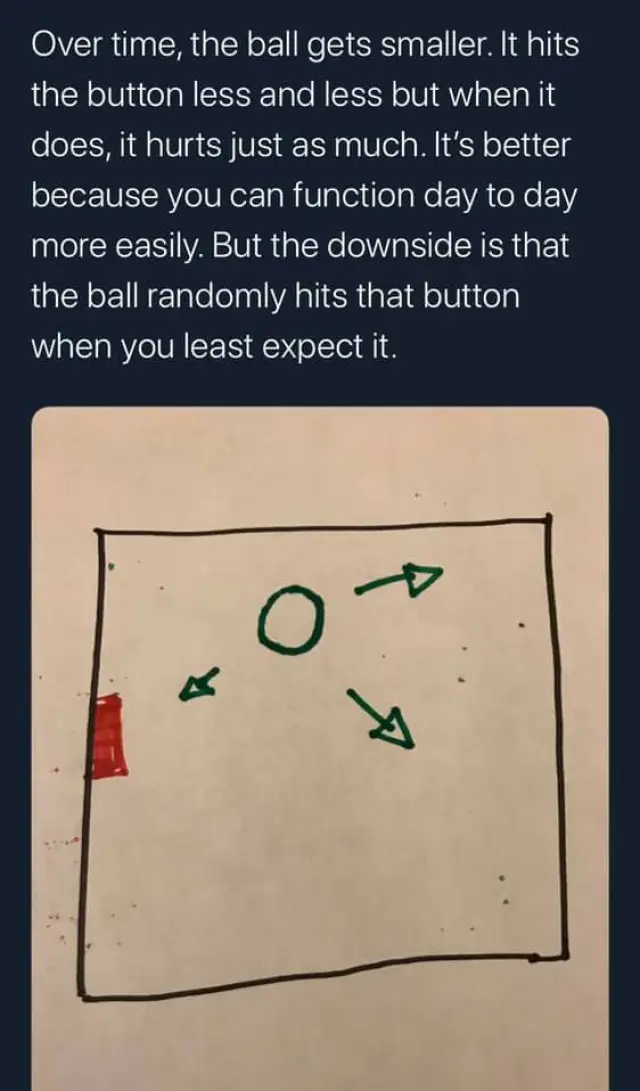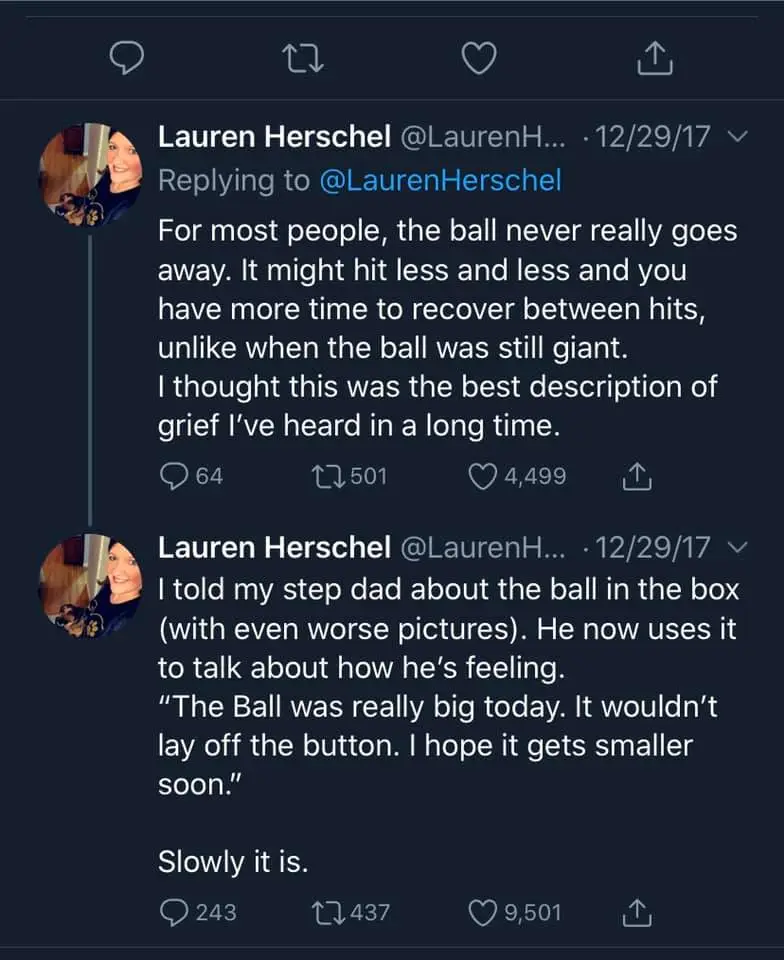Grief Work is WORK
- Karley Icet
- Oct 4, 2022
- 5 min read
Updated: Feb 5

Grief work is tough, exhausting work. Individuals in grief and mourning weather a host of mixed emotions that shake their system like whiplash. Sadly, in the midst of facing the challenges of heartbreaking loss it's likely they will bump into people who criticize how they are grieving. As a general rule, our culture is uncomfortable with witnessing grief, and therefore, sends messages that it's visibility should be contained.
*Note: This post normalizes different experiences through the lens of a death loss, but loss can come through a variety of different types that do not involve a death (infertility, loss of a job, loss of a relationship such as a break-up or divorce, loss of mobility/health, loss by an adoption that does not go through, loss of a home, and much more). The following experiences apply to all of these types of loss.
Well...it's high time to normalize grief and mourning. Let's do it together!
First, are grief and mourning the same?
They can be used interchangeably, but grief is the internal experience of the impact of the loss while mourning is the outward expression.
Let's normalize the universality of grief.
Not everyone will experience the darkness of depression, the encompassing fear of panic, or the overwhelming flashback of a traumatic experience, but EVERYONE will experience loss and the reality of mortality. No one is immune to being touched in some way by the shock and sadness that death brings. This makes it all the more important to learn better ways to approach grief ourselves and support those who are grieving.
"No one ever told me that grief felt so like fear."
-C. S. Lewis, A Grief Observed
Let's talk about DABDA.
DABDA stands for denial, anger, bargaining, depression, and acceptance. It's arguably the most well known stages of grief presented by Elizabeth Kübler-Ross. It's important to understand that these stages are not linear. As one journeys through grief and mourning these stages can be experienced in a variety of different orders and for a variety of different durations. Unfortunately, in the past some clients have been misdiagnosed with maladaptive grieving for not going through these specific stages in the DABDA order. Further, while DABDA presents a good framework, it is not an all-encompassing approach for the many stages of grief. Other stages of grief and mourning include: fear, understanding pervasiveness (see below), investing in a continuing bond with the deceased (see future post), resolving the traumatic aspects surrounding the loss, understanding and pursuing relief for the somatic impact of grief, and more.
Let's talk about pervasiveness.
Pervasiveness is the belief that because one event had a particular outcome, then all similar events will result in the same way. Here is an example of pervasiveness in action: "Because the car accident happened in the rain, then every time it rains I and my loved ones are in danger of an accident". Part of grief work then is helping the client differentiate how one event is isolated from another.
Let's talk about magical thinking.
Magical thinking more often shows up in children who are grieving, but adults can experience it too. Magical thinking is a normal reaction to loss that deserves space to process and bring truth into. Magical thinking occurs when one believes they are responsible at least in part for the death of a loved one because of something unrelated to the actual cause of death that they did or didn't do. Here's some examples: "Because I didn't hug my mom before I left for school, she committed suicide". "She died of a heart attack because I ordered pizza for dinner the night before". It is completely normal to attempt to place blame for the death. This can transform into maladaptive grief, or delay healing if not appropriately processed.
Let's talk about grief bursts.
Grief bursts are exactly as they sound, a sudden burst of grief. Often grief bursts burst out of no where and overwhelm individuals with the sharp pain of the reminder of the loss. It may be associated with something such as a song or smell that reminds them of their loved one, or it may be totally random. Though distressing and awkward for some, these are completely normal. My encouragement is this: if you can't feel it, you can't heal it. The grief within you needs a healthy outlet. Find helpful social supports, comforting resources, even a self care ritual to help you ride out the recent wave of grief.
Let's talk about guilty feelings.
Because the deceased individual was a human, it's likely they hurt those around them in some form when they were living. The full continuum of the relationship needs and deserves to be processed. It's normal for guilty feelings to rise up when one is reminded of a hurtful comment or behavior they received from the deceased. It's also normal to have thoughts that accompany this guilt such as, "I'm not allowed to be angry or hurt by them now that they are gone". "It doesn't matter now that they aren't here so I just need to forget about it" or "I'm so bad for thinking of them in this way when they are dead". The reality of the relational dynamic still remains true even when someone is no longer with us. Avoiding the truth because of guilty feelings will serve no one well.
Let's talk about other's opinions about your grief.
Because our culture mostly desires to contain the expression of grief, many are poorly trained to encounter it. This may result in individuals not knowing what to say, so they avoid the person grieving. Some feel fear that if they talk about the deceased it will remind the griever of the loss and make them uncomfortable, so they vigilantly redirect conversation topics (when usually the person grieving appreciates an opportunity to talk about the deceased and are rarely not thinking of the loss anyway). Others are down right rude, inappropriate, or critical of how long someone has been grieving and in what ways they have been expressing it. This is where it can be helpful to connect with others who have experienced a similar type of loss. It is especially helpful and therapeutic to surround yourself with people who aren't offended by your grief, nor do they judge it, but they are present, comforting, and respect what your different needs are and that they occur at different times (need to talk it out, need for silence, need for distraction, need for being challenged to take care of yourself, need for comfort, need for practical help, and more).
Let's talk about questioning faith.
Many who are grieving a death loss question their faith. They feel angry with God. I once heard in response to this anger that, "You cannot be angry with something you do not believe in. So, your anger with God is evidence of your faith." Those who are not believers may investigate more about what happens after life on earth. Both of these are normal responses to grief. My encouragement is to keep wrestling with this. God is not offended or afraid of your anger or your questions. He will treat your loss tenderly if you let Him.
"Blessed are those who mourn, for they will be comforted."
Matthew 5:4.
Let's talk about the one year mark.
There is no timeline on grief, but often the timeline of one year is applied by oneself or by others. It's ok and normal is someone is not "over" their loss after the one year mark. Below is an excellent visual (a Facebook post that went viral) of how grief evolves and changes over time. Let's instead give grace toward ourselves and others regardless of the passage of time since the loss occurred.
I hope this post has been helpful in normalizing experiences related to grief and mourning. Take good care of yourself and those close to you! If you would like some additional help in processing your grief, counseling is a healthy outlet available to you. We are honored to walk with you through the difficult season you may be facing.






